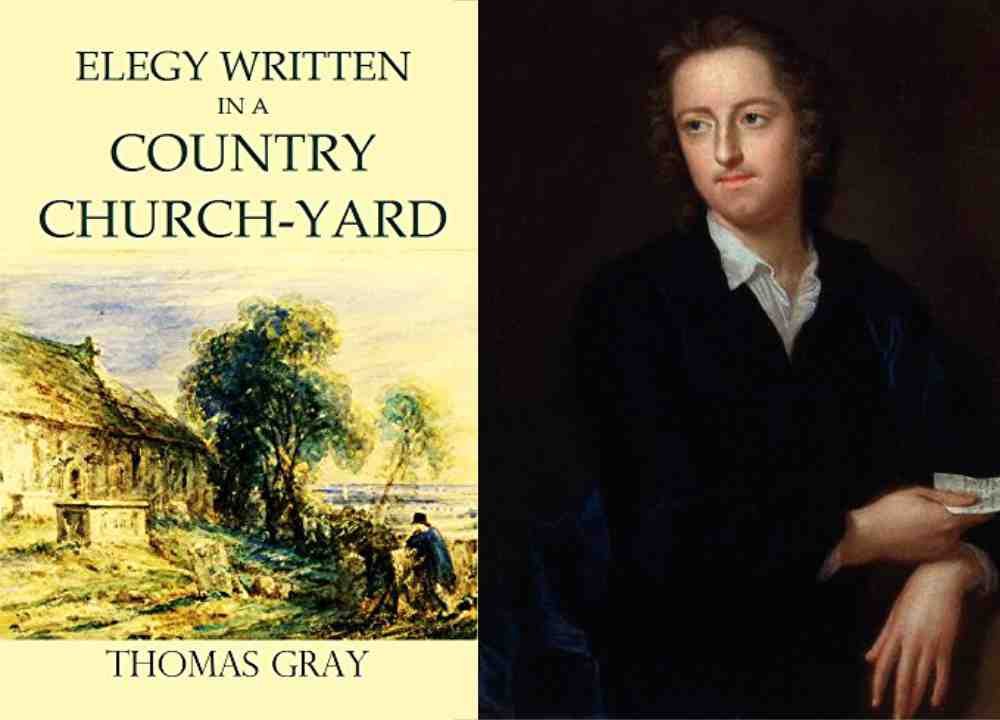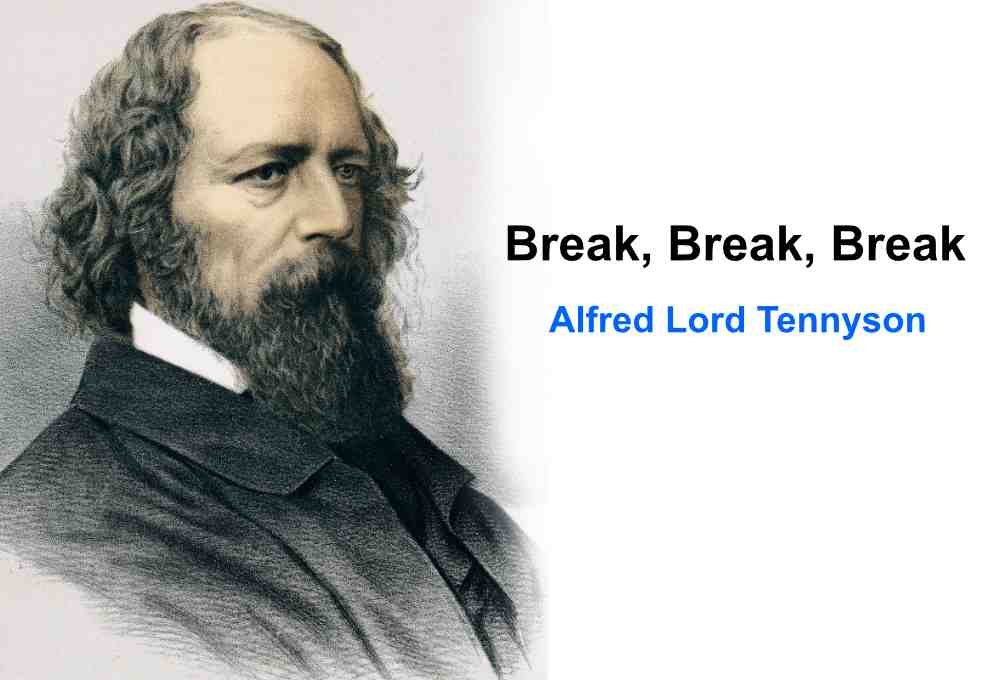Introduction
Table of Contents
A Summer Night is one of the more important poems of Matthew Arnold. As in several other poems; in it also live is seen in the light of its end. It is written in a stoic fashion. It appeared in the 1853 volume of Arnold’s poems and has been much praised by critics like George Saintsbury for its philosophy.
When this poem was published, Victorian England was divided between romanticism and classicism, between science and religion, and between materialism and spiritualism. The setting of the poem is London, but perhaps Arnold was ruminating on an experience in September 1849 when he broke up with Marguerite whom he had met in Switzerland.
Evolution of Thought
In the first 36 lines, Arnold describes the restlessness and unquietness in his heart on a summer night. The scene of the deserted moon-blanched street brings to the mind of the poet another scene of a past night, which is a far different scene. The heart of the poet feels that fiery glow which should keep him away from sadness and gloom.
He however compares the world with a prison house, where people live shamefacedly. People work here without their heart in it. There are a few persons who can escape this prison. According to their own aptitudes, they sail over the wide sea of life. Such a freed prisoner comes out and moves unchecked and uncontrolled, facing the wind that blows to freshen and embolden mankind.
He stands firm till the tempest blows and strikes him with a mighty force. Such a man becomes a wreck and moves on with great distress and pain in his heart. Arnold means to say that those who live in a ‘brazen prison’ and also those who escape that prison die and are no more seen on the scene of the world.
The theme of ‘A Summer Night’
The major theme of the poem appears to be the notion of a higher, withdrawn but value-possessing nature. The main subject of the poem is not nature, but the whole condition of man. Arnold here speaks of two types of men, namely, those who are slaves in prison and those who are free but mad.
The majority of men are slaves, working mechanically and slavishly. They have lost the purpose of their life. They are completely ignorant of spiritual values. On the other hand, the madmen, who are adventurers, are not in chains.
But they too are not happy. Arnold disapproves of both types. He suggests that man should learn lessons from nature. Divorced from nature man is either a slave or mad:
"Is there no life, but these alone? Mad man or slave, must man be one?"
According to W. L. Jones, ‘A Summer Night’ gives us as moving and as artistically perfect an expression of Arnold’s philosophy of life as anything to be found in his poetry.
None of his poems opens in a finer imaginative strain, and in no other is the transition from the human interest suggested by the moon-blanched street, and its opposite vision of the headlands and the sea lit by the same ‘bright calm moon’ to the central meditative passage, more skillfully and naturally contrived After comparing, in one of these passages, these two escape from the world’s prison with its ‘unmeaning taskwork’ to the tempest-tossed helmsman, who clings to his ‘spar-strewn deck’,
Still bent above to make some port he knows not where, Still standing for some false, impossible shore,
he ends up with a magnificent affirmation of the power and steadfastness of Nature, as
"A world above man's head, to let him see How boundless might his soul's horizons be."
Note of Melancholy
There is a strain of melancholy running through the lines of the poem. The melancholy note is struck in the very opening of the poem where the poet compares the present scene with that of the scene in the past. He is troubled by the same restlessness he had faced earlier :
"But the same restless pacings to and fro, The same vainly throbbing heart was there, And the same bright, calm moon."
The poet contrasts this restlessness with the calmness of the moon. This note of despondency continues to make the poet uneasy till, in the end, it gives way to a note of hopefulness. In the concluding part of the poem, Arnold achieves a state of calm and takes an optimistic view of the human situation :
"But I will rather say that you remain A world above man's head to let him see How boundless might his soul's horizons be How vast, yet of what clear transparency! How it was good to abide there and breathe free How fair a lot to fill Is left to each man still!"
Style and Diction
The poem is also remarkable for its stylistic excellence. There are no false rhymes; no imperfect phrases, no sham simplifies, no pedantries; and the poet is free from the splendid opening landscape through the meditative exposition and the fine picture of the shipwreck, to the magnificent final invocation of the ‘clearness divine’.
After depicting the exhausting duties assigned by the world to the world’s laborers and the disastrous wreck which falls upon those who break away from the world’s fetters Arnold concludes in a strain somewhat more explicit than usual by affirming that in a great world of Nature there is something which, though it cannot indeed satisfy the heart, still can teach us fortitude and instill into a soul a few drops of stoic grandeur.





